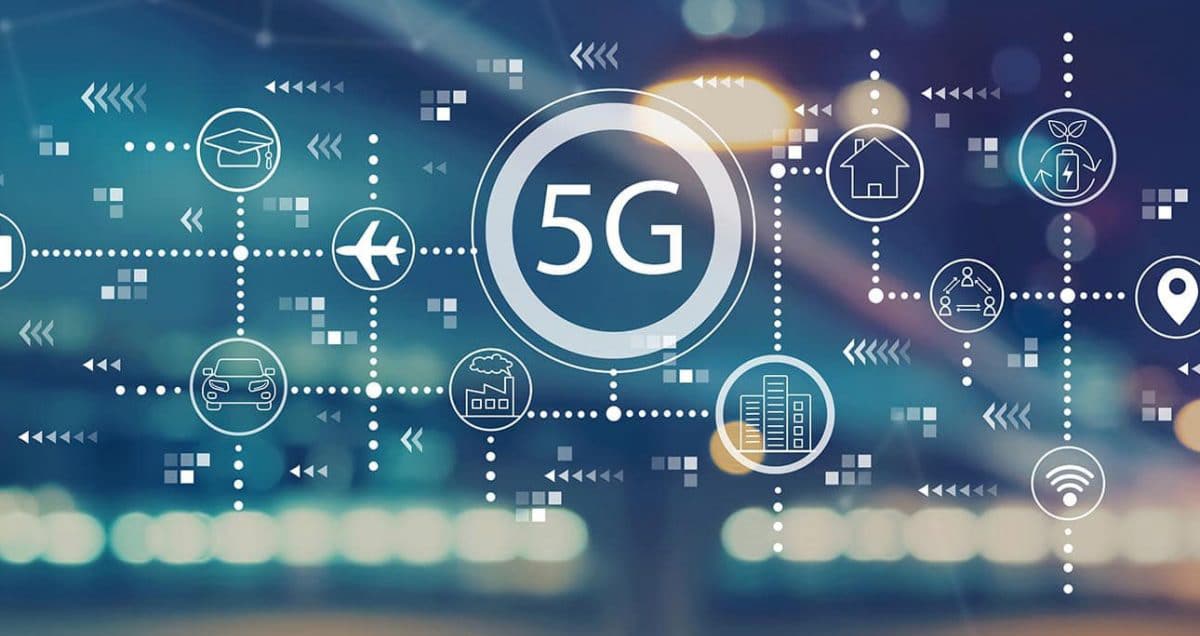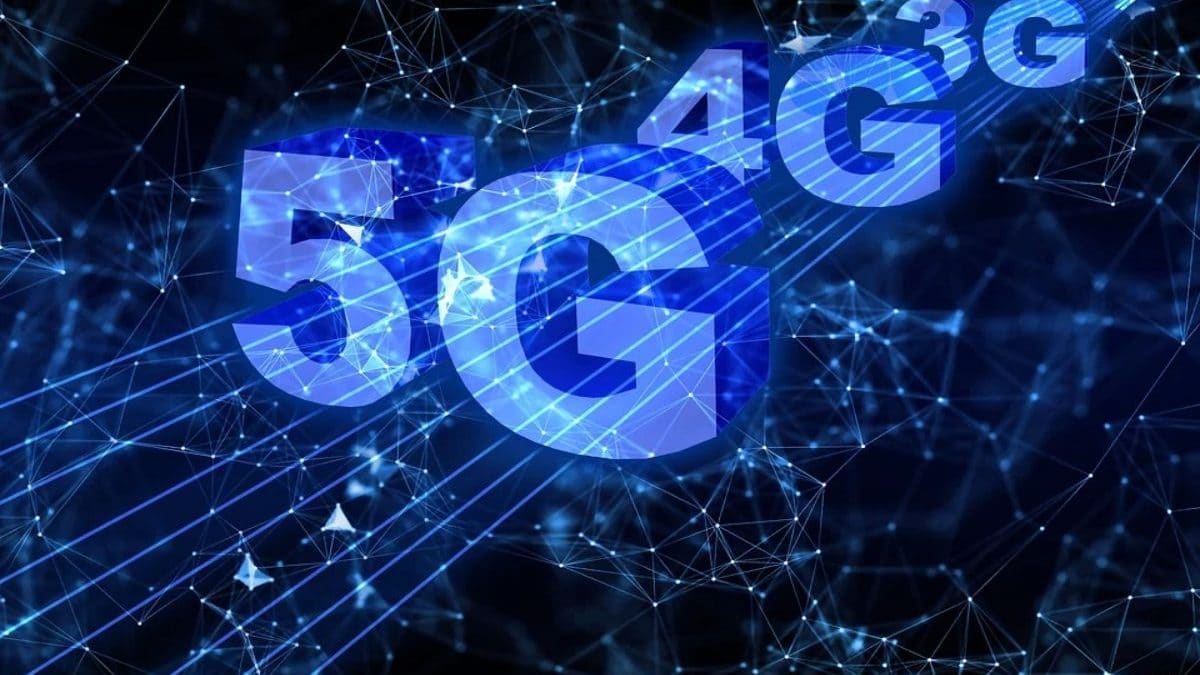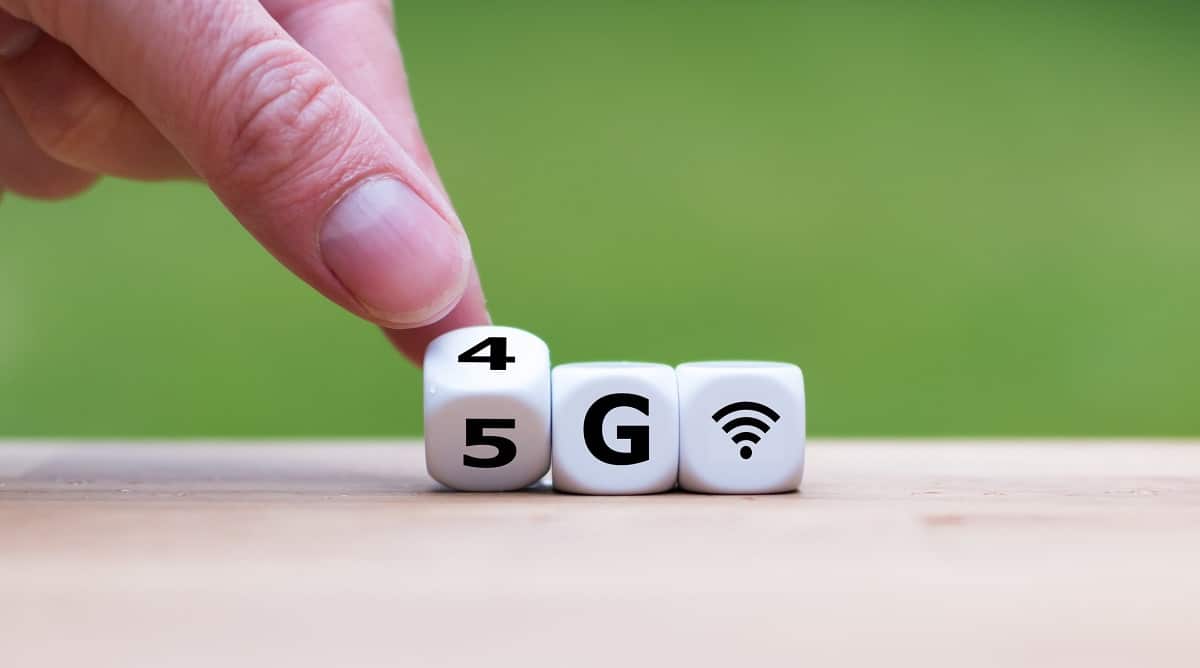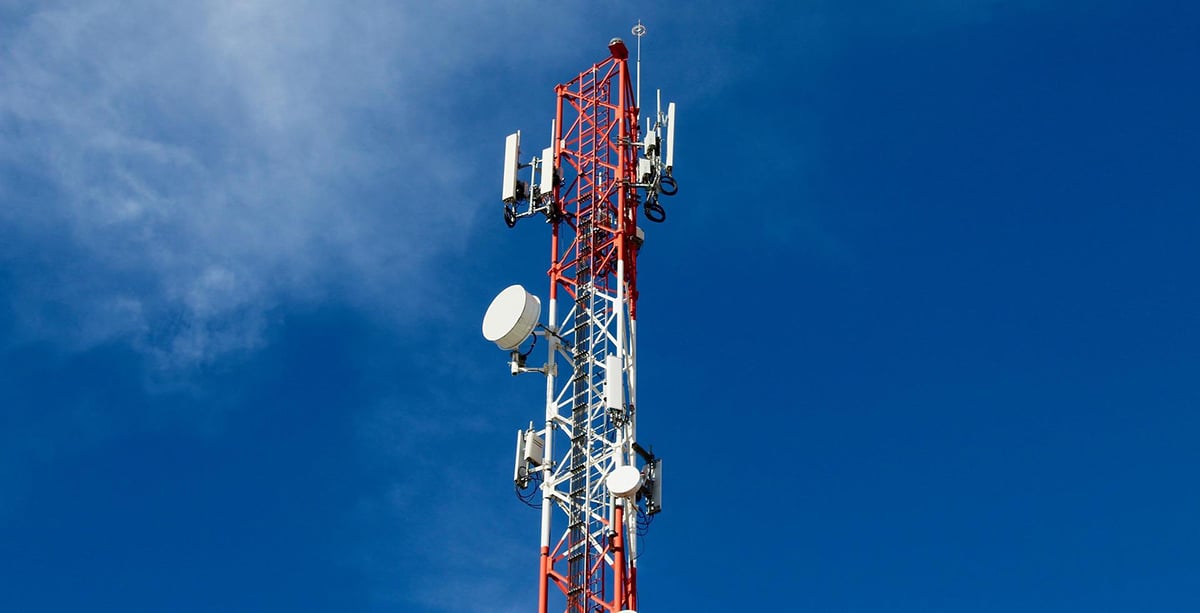
The short answer to this question is NO. Obviously you have not entered this article to see if it is worth buying a mobile with 5G technology in 2020 or 2021 without finding strong arguments to support the negative answer.
The reasons not to recommend buying a 5G mobile In 2020 or 2021 they are diverse and most of them are due to the fact that this technology is being implemented very little by little in some countries and that not all mobiles that are advertised as 5G compatible really are.
In this article I will argue with words that everyone understands, It is not advisable to buy a 5G mobile paying the extra cost that this implies in the price.
What is 5G technology
The first thing we should know about this technology is that it is not designed for the general public but for smart devices (not only in the home), autonomous driving as it reduces response times (latency) instantly.
5G networks, as their number indicates, represent the fifth generation mobile networks. The first generation only allowed calls, while 2G networks added support for sending text messages. With 3G networks, the internet reached mobile devices. 4G allowed streaming videos to be played and 5G networks have arrived to reduce waiting times and increase download speeds.
5G networks are not worse, nor better, than the health effects that current 4G networks may have. According to the World Health Organization, studies that have been carried out regarding the exposure of people to radio frequency fields (Wi-Fi networks, Bluetooth, all mobile networks ...) have determined that they increase the possibility of suffering a cancer or any other disease.
How many types of 5G are there

If we talk about 5G networks, we have to talk about 5G NSA and 5G SA networks. With this I am not referring to the specifications of the chips that we can currently find in smartphones that already offer this connectivity, but to the path that we are going to follow in order to enjoy 5G.
3GPP is the organization that was born with the arrival of 3G networks to establish the specifications of a global communications system. Once the 3G networks were established, he also took care of the 4G networks and now the 5G networks.
This organization decided that 5G technology would be realized in two phases. The The first phase would be the 5G NSA networks and the second the 5G SA.
5G NOS
5G NSA networks is nothing more than a vitaminized 4G and they offer us, not by far, the benefits that we will find when the 5G networks are fully operational. The 5G NSA networks are the ones that are currently being deployed, networks that take advantage of the infrastructure of the 4G networks, hence we hardly find important changes in their specifications.
5G SA
5G SA networks are the networks that really will be a major change in wireless communications, since both its transmission speed and its latency is much higher than what we can find today in both 4G networks and 5G NSA networks.
Although it is true that both the 5G NSA networks and the 5 SA networks are considered to be new generation of wireless connectionsIt will not be until 5G SA networks are fully deployed around the world when we will be able to take full advantage of what they offer us such as higher connection speed, lower latency, number of devices connected to the same antenna ...
4G vs. 5G NSA vs. 5G

To show a button. In order for us to be even more clear about the differences between 4G networks and 5G networks, we just have to take a look at both the maximum download speed as well as latency.
4G networks offer us a maximum download speed of 1 Gbps. 5G NSA networks double that speed to 2 Gbps. The 5G SA networks will offer us a maximum download speed of 20 Gbps, 20 times speed that we can currently find today in 4G networks.
Another important aspect to consider is latency. Latency is the time it takes a server to respond to a request and is measured in ms. Although it is true that for the human eye we will not find many different ones, if it is important in the implementation in autonomous vehicles, smart devices, traffic signs, in video games ...
The latency that we can find in 4G networks is around 30 ms. 5G NSA networks cut that time in half. 5G networks will offer us a latency of 1 ms, offering an almost instantaneous response to requests.
Deployment of 5G technology

The deployment of 5G coverage is carried out in two phases. The first of these will put into operation the 5G NSA networks, networks that take advantage of 4G infrastructure currently available on the market, phase in which we are currently. Until 2024 it is not expected that most countries will not offer real 5G connectivity, not a vitaminized 4G as we can find today.
Phase two will begin with the 5 SA networks, a type of network that does not depend on 4G networks at any time, since the necessary hardware is brand new hence the benefits it offers us are very far from both the 4G and 5G NSA figures.
Is it worth buying a 5G mobile today?

After knowing all the aspects that surround 5G networks, the answer is very clear: No. In order to take advantage of what this technology wants to offer us in its final phase, we will have to wait a few years, by 2024 at the earliest (It is likely that due to the pandemic caused by the coronavirus, that date will be delayed and we consider 2025).
Phones with 5G technology are on average, 100 euros more expensive that the same models with 4G connectivity (manufacturers like Samsung offer the same terminals in 4G and 5G versions), terminals with which we will not notice any improvement in terms of speed and latency until the 5G SA networks are available.